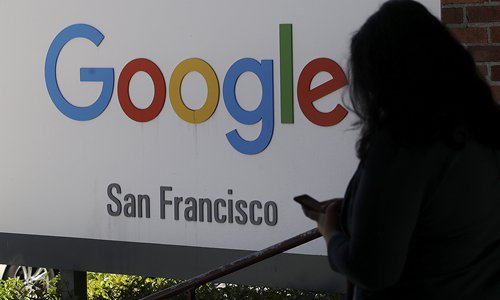
Google's browser privacy could use more cover. Chrome's owner lags both Mozilla's Firefox and Apple's Safari in trying to make the web less creepy. The prospect of losing revenue may explain the Alphabet unit's resistance to blocking certain ad trackers.
Chrome provided a flimsy excuse for why it won't do more to protect its users. In August, its engineering director argued blocking cookies, which are text files of data that allow advertisers to target online consumers, would only encourage more opaque tracking techniques like digital fingerprinting. That method relies on information about a person's device to push relevant ads. That's why the most popular web browser still permits the offending cookies, albeit with limitations.
Increasing privacy would hurt a big source of sales for Google, which raked in more than $100 billion from Madison Avenue last year. The rate of growth is already under pressure thanks to competition from Amazon. It's still the top digital ad player but its global share is expected to be flat over the next few years, according to eMarketer.
Safari and Firefox can afford to do more on privacy. Mozilla is a nonprofit while Apple relies on selling hardware like the iPhone. In August Safari threatened to put further restrictions on sites that try to circumvent its anti-tracking measures. Firefox is testing a version of its product that would block digital fingerprinting and third-party tracking cookies as a matter of course.
The two are less influential given Chrome's dominance. But almost 60 percent of Americans say online privacy has become a crisis, according to a SurveyMonkey poll in March. It's also an increasing focus of regulators.
On Thursday, California Attorney General Xavier Becerra proposed additional regulations as part of the state's new privacy law, including requiring web sites and apps to include a "Do Not Sell My Info" link.
That gives Safari and Firefox a competitive advantage. The market share for Google's browser has fallen from 65 percent in January to 59 percent in September, according to W3Counter statistics. If more users abandon Chrome, Google is likely to find privacy at the top of its search results.
The author is Gina Chon, a Reuters Breakingviews columnist. The article was first published on Reuters Breakingviews. bizopinion@globaltimes.com.cn


